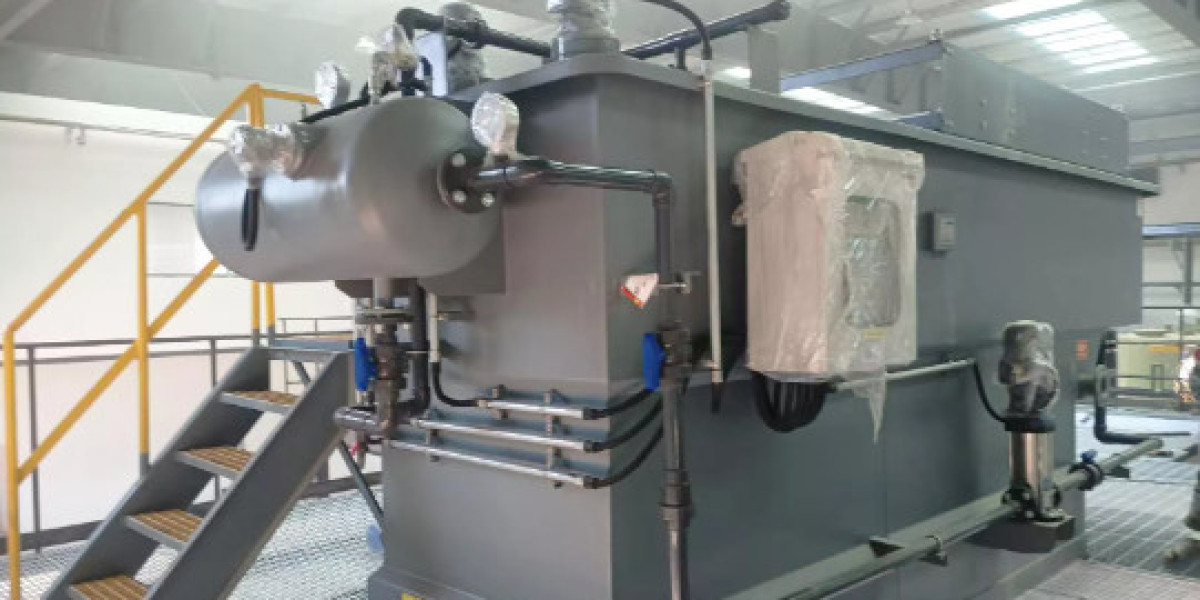Access to clean water is a fundamental human right, yet many regions face significant challenges in providing safe drinking water. Understanding the obstacles faced by water treatment plants can help identify effective solutions. This overview examines the common challenges in water treatment and potential ways to address them.
Common Challenges in Water Treatment
Aging Infrastructure
Many water treatment plants operate with aging infrastructure that can lead to inefficiencies and increased maintenance costs. Deteriorating pipes and outdated treatment technologies can compromise water quality and reliability. Upgrading this infrastructure is essential for maintaining effective water treatment.
Contaminant Variability
The variability in water contaminants poses a significant challenge for water treatment plant. Different regions face unique pollution sources, ranging from agricultural runoff to industrial discharge. This variability requires tailored treatment solutions, which can complicate operations and increase costs.
Solutions for Effective Water Treatment
Investment in Modern Technologies
Investing in modern treatment technologies can significantly enhance the performance of water treatment plants. Implementing advanced filtration systems and real-time monitoring tools can help facilities manage water quality more effectively, ensuring compliance with safety standards.
Community Engagement and Education
Community involvement is crucial in promoting water conservation and reducing pollution. Educational programs can empower residents to understand the importance of clean water and the role they play in protecting it. Encouraging responsible disposal of waste and chemicals can alleviate some burdens on water treatment systems.
The Future of Water Treatment
Policy and Regulation
Robust policies and regulations play a vital role in supporting effective water treatment. Governments must prioritize funding for infrastructure improvements and technology upgrades in water treatment plants. Additionally, stricter regulations on pollutants can lead to cleaner water sources, reducing treatment challenges.
Emphasis on Sustainable Practices
Sustainability should be a guiding principle in future water treatment practices. Emphasizing green technologies and resource management can help ensure that water treatment plants operate efficiently while protecting the environment. This commitment to sustainability is essential for securing clean water for future generations.
Conclusion
Addressing the challenges in water treatment is critical for ensuring access to safe drinking water. By investing in modern technologies, engaging communities, and implementing effective policies, water treatment plants can overcome obstacles and improve water quality. A sustainable approach will pave the way for a healthier and more resilient future.







